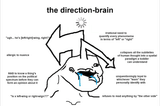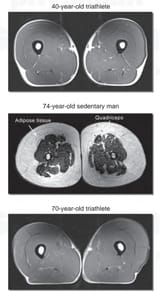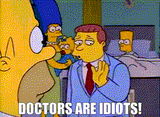>>16729340
If we choose to participate in a modern economy, in fact, this kind of second-order involvement with
animal agriculture is unavoidable. In light of this, we can rephrase the argument against meat buying in the following way: it is unethical to purchase meat because the expected impact of a
meat purchase on animal well-being is worse than any other comparable purchase.
This alternative phrasing of the argument requires making an empirical claim, but
importantly, many of the effects that Warfield thinks might be relevant are empirical in nature, and
can be measured using standard economic data. In order to respond to Warfield’s skepticism,
however, we must make a distinction between what is observable on average, and what is
observable in a particular case. It is impossible to know, with certainty, whether one is materially
supporting an industrial farm when one pays a phone bill. However, we can tell whether, on
average, paying a phone bill results in more money for industrial farms. This unpredictability at
the individual level should not dissuade us from consequentialist reasoning, for two reasons. First,
noise at the level of an individual observation is perfectly consistent with strong causal effects
overall. Imagine trying to measure the height of water in a bucket before and after dipping a cup
in and removing some of the water. The ripples from the disturbance make any depth measurement
at a particular place and time highly uncertain, and the complexity of the wave patterns make each
measurement difficult to predict. However, the average outcome will still be easily predictable and
causally related to the amount of water removed. Second, the standard “expected impact” argument
for abstaining from meat requires only that the average impact is predictable. This means that
economic complexity, as long as it conforms to a broader predictable order, is not a challenge to
consequentialist moral reasoning.




































